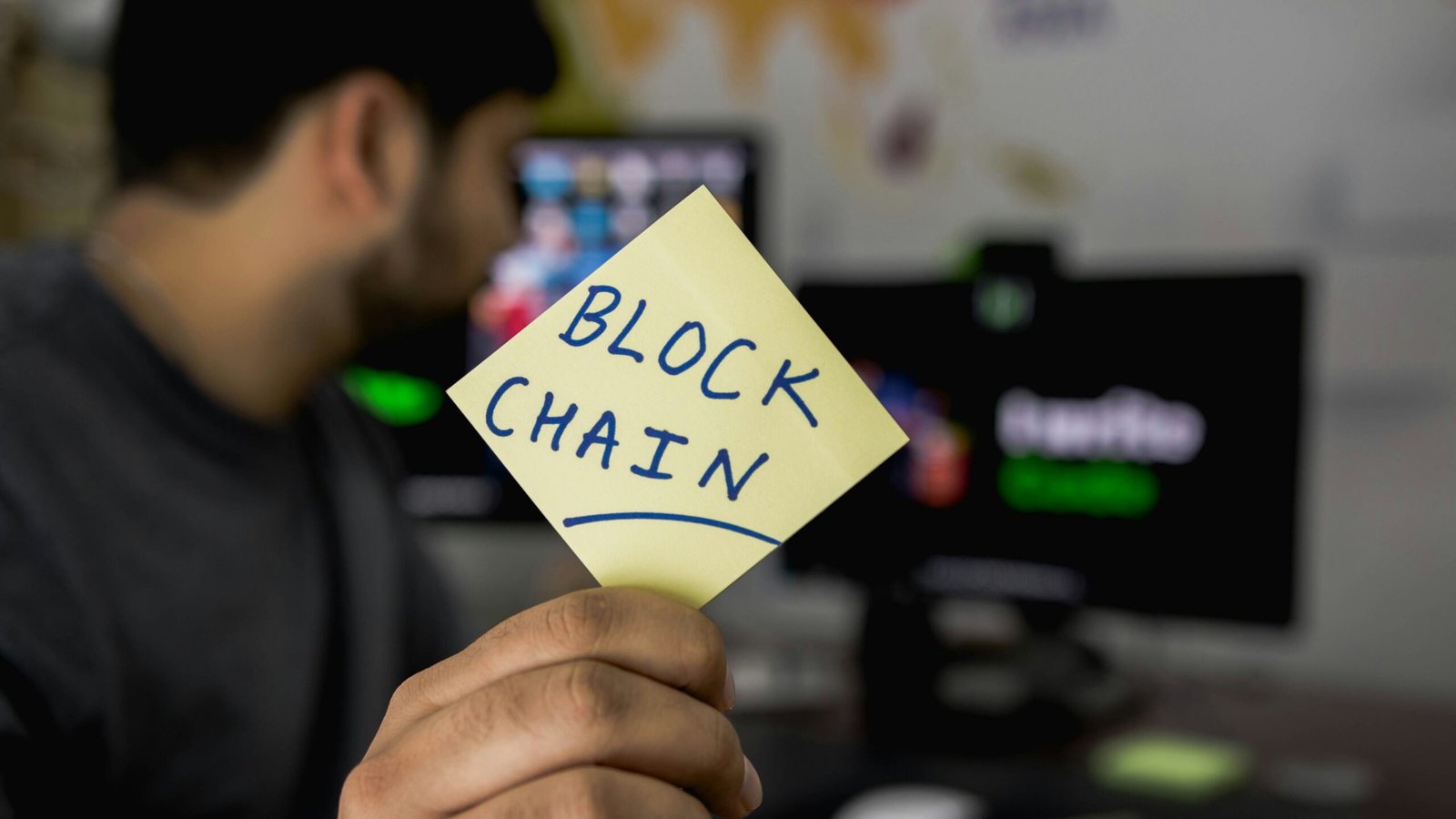Applications of blockchain technology

Cryptocurrencies – The most well-known application of blockchain is in cryptocurrencies like Bitcoin, Ethereum and others. The blockchain enables peer-to-peer digital cash transactions.
Supply chain – Blockchain can be used to track and verify goods as they move through a supply chain, improving transparency and accountability.
Voting – Blockchain-based voting can increase transparency and voter turnout through tamper-proof, online voting with instant results.
Healthcare – Medical records can be securely stored on blockchains, giving patients control over their health data and providing a single point of truth.
Real estate – Records of property sales, transfers, and ownership can be stored and managed on a blockchain to simplify processes and reduce fraud.
Identity management – Distributed ledgers allow for digital identity management that avoids centralized databases and gives users control over their personal data.
Smart contracts – Self-executing contracts written in code and deployed on blockchain enable automated workflows, payments, asset transfers etc. without middlemen.
Digital collectibles – Blockchain tokens can be used to represent collectible assets like art, music, game items etc. and verify authenticity and ownership.
Payment systems – Distributed ledger technology enables fast, global, low cost payment systems without central authorities. Allows micropayments.
Crowdfunding – Organizations can raise funds directly from individuals by issuing crypto tokens to investors that represent shares in future profits/revenue.

Insurance – Smart contracts can automate insurance claim payouts when certain conditions are met. Allows decentralized peer-to-peer insurance models.
Digital identity – Blockchains can provide a decentralized digital identity that is owned and controlled by the user, rather than a centralized authority. Improves privacy.
Cloud storage – Blockchain-based decentralized storage networks allow users to rent out spare storage capacity in a peer-to-peer manner. Provides alternatives to centralized cloud storage.
Ride hailing & car rental – Blockchain ride hailing apps allow drivers and riders to transact directly without intermediary platforms taking commissions. Smart contracts can automatize rental agreements.
Charity/aid – Increased transparency of charitable donations through blockchain can improve aid delivery and accountability. Can directly connect donors to causes.
Government – Land registries, voting, taxes, benefits systems can potentially be managed on secure and tamper-proof blockchain based systems.
Energy – Peer-to-peer energy trading platforms are emerging that allow consumers to sell excess solar power to others on a blockchain network.
Gaming – In-game assets like skins, tokens, avatars etc. can be tokenized on blockchains to prove ownership and allow trading on decentralized marketplaces.

Legal – Blockchain smart contracts have potential to automate complex legal procedures and contracts. Can make dispute resolution more efficient.
Patents & IP – Patents can be stored on blockchains to establish ownership and ease licensing/transfer of intellectual property and patents.
Cybersecurity – The decentralized nature of blockchains improves resilience against cyber attacks and Single Point of Failures compared to centralized servers.

1 thought on “Applications of blockchain technology”